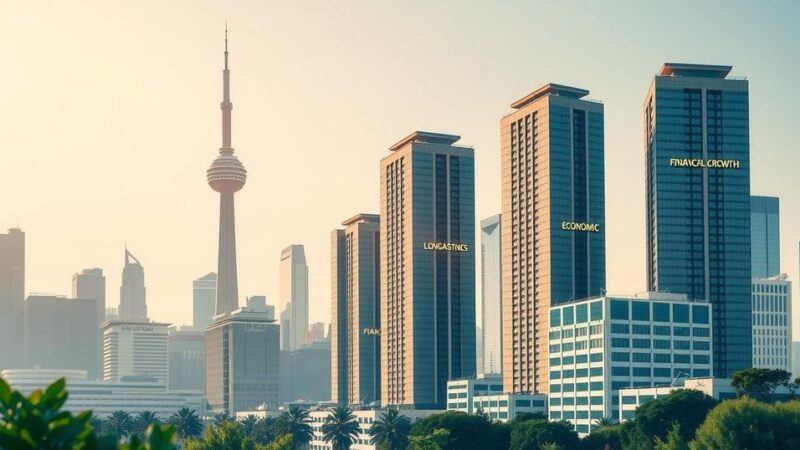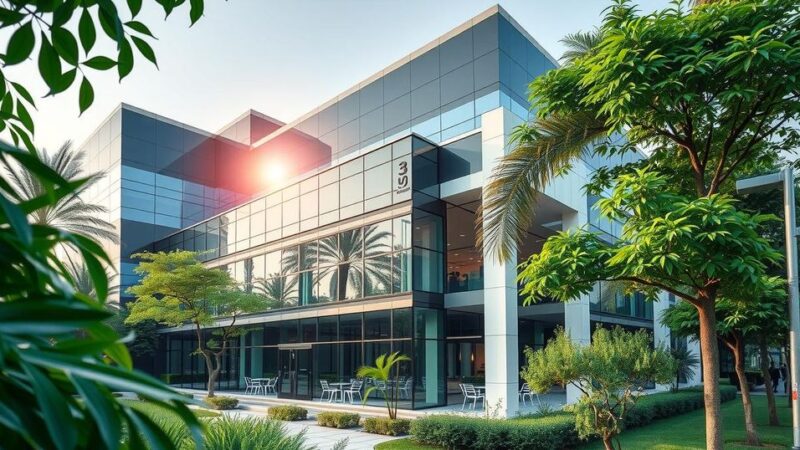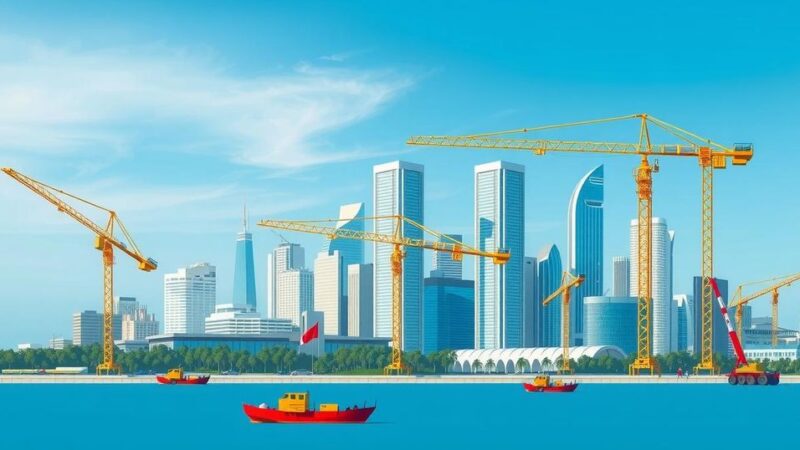The ECOWAS Bank for Investment and Development (EBID) seeks to uphold its financial relationships with Mali, Niger, and Burkina Faso, regardless of their political decisions regarding ECOWAS membership. The President of EBID emphasized the importance of these ties during a board meeting, highlighting ongoing loan repayments from these nations and defining EBID’s role as primarily financial, rather than political.
In the face of ongoing political unrest within the Economic Community of West African States (ECOWAS), the ECOWAS Bank for Investment and Development (EBID) has affirmed its intention to sustain its financial collaborations with the nations of Mali, Niger, and Burkina Faso. These nations, which are part of the recently established Alliance of Sahel States (AES), have expressed intentions to withdraw from ECOWAS, yet EBID remains steadfast in its commitment to engage with these countries. During the 89th Ordinary Session of the Bank’s Board of Directors held on October 1, 2024, in Lomé, Dr. George Agyekum Donkor, the President of EBID, articulated this position. He emphasized that despite the prevailing political challenges, “the Bank maintains strong commercial relations with them, despite political tensions”. He noted that Burkina Faso has duly fulfilled its loan repayment commitments, while Niger has initiated its repayment process. Dr. Donkor further stated, “Even if these countries decide to leave ECOWAS, this should not affect their repayment obligations, as the Bank remains a financial and not a political institution.” This perspective aligns with Togo’s initiatives to enhance trade relations with Mali, Niger, and Burkina Faso, particularly in the area of customs cooperation. Founded in 1999, EBID boasted an authorized capital of $3.5 billion by the conclusion of 2023, with 70% of this capital sourced from regional stakeholders representing the 15 ECOWAS member countries. Notably, the AES group contributes 6.29% of this capital, which is comparatively smaller than contributions from Nigeria (31.24%), Ghana (15.71%), and Togo (3.43%).
The ECOWAS Bank for Investment and Development (EBID) serves as a key regional financial institution established to facilitate economic collaboration and development within West Africa. Amidst political instability and transitional governance in member nations, particularly Mali, Niger, and Burkina Faso, EBID’s commitment to uphold financial partnerships highlights its objective to prioritize economic relations over political discord. This approach is particularly pertinent as the aforementioned countries navigate their aspirations to exit ECOWAS while simultaneously managing their financial responsibilities to the bank and their economic engagements with Togo and other member states.
In summary, the EBID’s unwavering dedication to maintaining its financial partnerships with Mali, Niger, and Burkina Faso, irrespective of their potential exit from ECOWAS, underscores its role as a stabilizing force in regional economic dynamics. Despite the challenges posed by political tensions, the bank remains focused on fostering strong commercial ties and facilitating economic development within the Sahel region.
Original Source: www.togofirst.com






